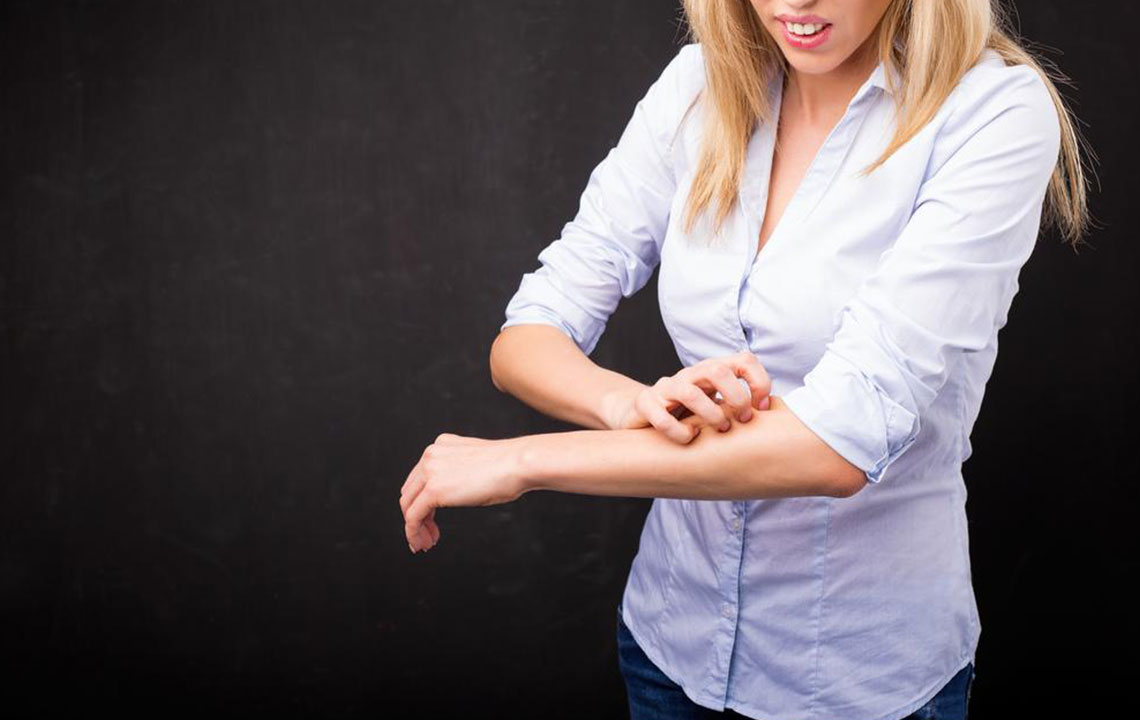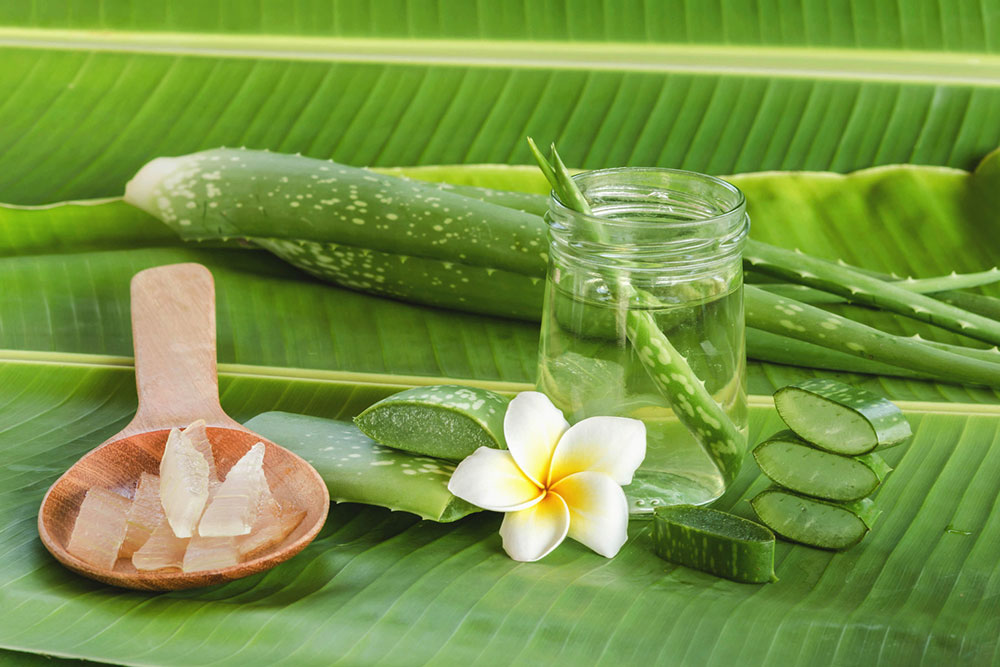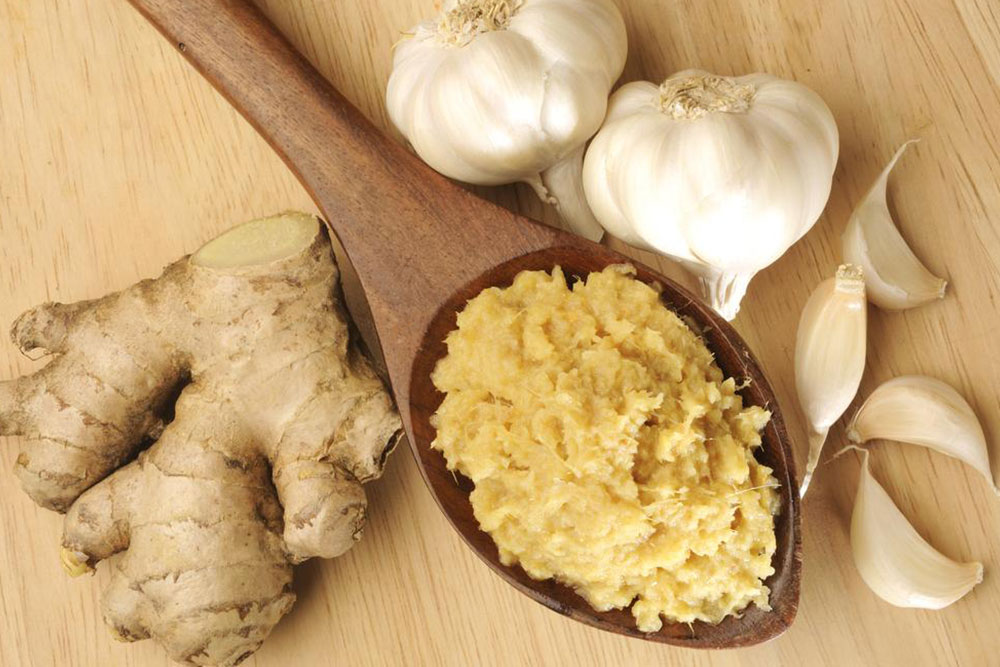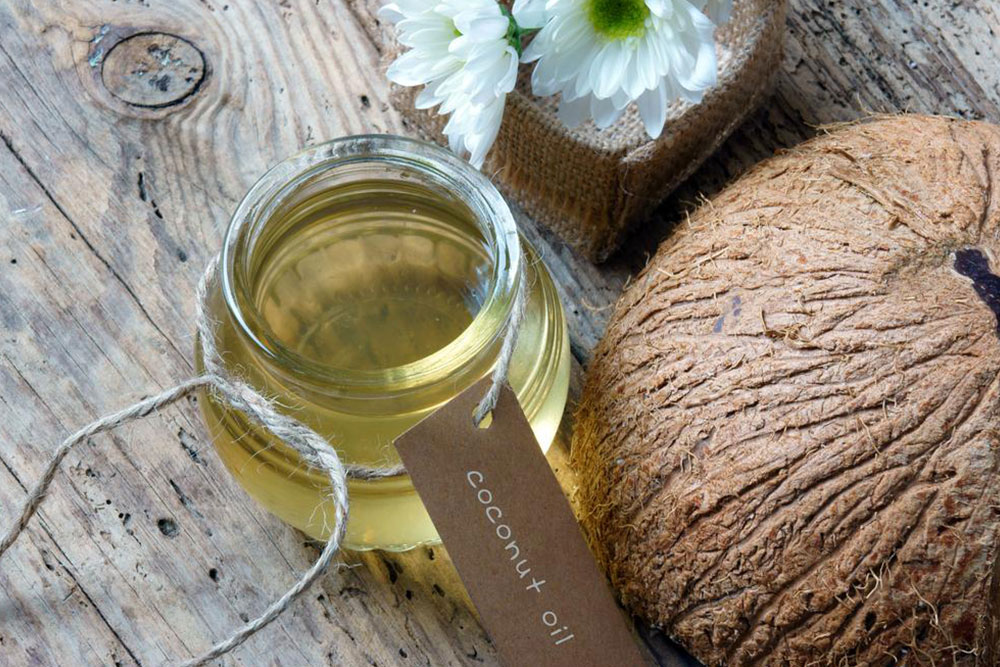Comprehensive Guide to Natural Treatments for Bruises and Blood Clots
Explore comprehensive natural remedies and lifestyle tips for treating bruises and blood clots at home. Learn how ingredients like turmeric and lavender oil, dietary adjustments, and simple home remedies can support faster healing and reduce discomfort. Understand when to seek medical attention to ensure safe recovery from hematomas of varying severity.
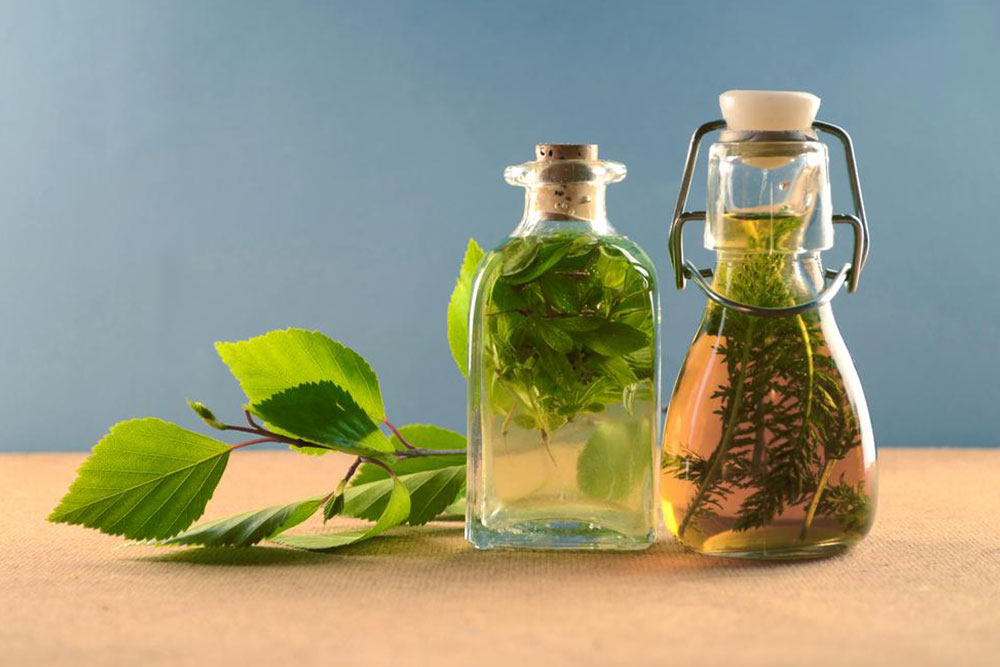
Comprehensive Guide to Natural Treatments for Bruises and Blood Clots
Bruises and blood clots, medically known as hematomas, are common occurrences resulting from various injuries or health conditions. These issues involve the accumulation of blood outside blood vessels, leading to swelling, discoloration, discomfort, and sometimes more serious health complications. While minor hematomas can often be managed effectively at home, understanding their causes and natural treatment options is crucial for proper care and swift recovery.
Understanding Hematomas: Causes and Risk Factors
Hematomas form when blood leaks from damaged blood vessels into surrounding tissues. The severity and size depend on the injury's location and extent, as well as individual health factors. Some common causes include:
Traumatic injuries such as falls, bumps, or collisions
Vascular conditions like aneurysms that weaken blood vessel walls
Infections or autoimmune disorders that damage tissues and blood vessels
Neurological events such as strokes that affect blood flow
Presence of tumors that disrupt normal vascular integrity
Use of anticoagulants or blood-thinning medications which increase bleeding risk
Low platelet counts that impair blood clotting abilities
While minor bruises are usually harmless and resolve quickly, some hematomas require prompt medical attention to prevent complications or enhance healing.
Fortunately, several natural remedies can assist in reducing swelling, promoting healing, and alleviating discomfort in mild to moderate cases. These remedies are safe, cost-effective, and easy to incorporate into daily routines, provided there are no allergies or contraindications.
Effective Natural Remedies for Hematomas
Below are some of the most effective natural strategies for managing bruises and blood clots at home:
Turmeric Turmeric contains curcumin, a compound renowned for its anti-inflammatory, antioxidant, and antibacterial properties. Consuming turmeric can boost circulation and help speed up the healing process. To harness its benefits, mix a teaspoon of turmeric powder into warm water or milk and drink once or twice daily. Alternatively, you can prepare a turmeric paste and apply it topically to the affected area, but be cautious to avoid staining your skin or clothes. Regular intake helps in reducing swelling and supporting tissue repair.
Lavender Oil Lavender essential oil is praised for its soothing effects on skin and its anti-inflammatory properties. Applying a few drops directly onto the bruise or blood clot area can help decrease swelling and discoloration. Gently massage the oil into the skin to enhance absorption. Always dilute essential oils with a carrier oil like coconut or jojoba oil before application to prevent skin irritation. Lavender oil's calming aroma can also provide comfort during recovery.
Dietary Adjustments Consuming a diet rich in vitamins C and K can significantly accelerate healing. Vitamin C is vital for collagen formation and tissue repair, while vitamin K plays a crucial role in blood clotting. Incorporate leafy greens such as spinach, kale, broccoli, peas, and cabbage into your meals. Dairy products like cheese and yogurt, eggs, prunes, and colorful vegetables such as bell peppers and carrots are excellent sources. Staying well-hydrated and avoiding processed foods can also promote faster recovery.
Home Remedy: Toothpaste An unconventional but popular remedy involves applying a small amount of toothpaste on the bruise—preferably white toothpaste—not gel. The idea is that toothpaste may help reduce inflammation and lighten the discoloration, making the bruise less noticeable faster. Apply a thin layer and leave it overnight, then gently wash it off in the morning. This remedy should be used cautiously, and only if you have no skin sensitivities or allergies to ingredients.
Over-the-counter Medications Non-prescription pain relievers like acetaminophen or NSAIDs (such as ibuprofen) can help relieve pain. Topical creams containing arnica or other anti-inflammatory agents can also reduce swelling and expedite healing. However, consult your healthcare provider before using any medication or cream, especially if you are on blood-thinning medications or have underlying health issues.
Precautions and When to Seek Medical Help
While many minor hematomas can be treated at home, it’s essential to recognize warning signs that necessitate professional medical intervention. Seek emergency care if symptoms include:
Rapidly increasing size of the swelling
Severe pain that does not improve with home care
Signs of infection such as redness, warmth, or pus
Internal bleeding symptoms like dizziness, weakness, or fainting
Bruising after taking blood-thinning medication without an apparent injury
Always consult a healthcare professional for persistent, worsening, or unusual symptoms. Proper diagnosis and treatment are vital to prevent complications like tissue damage or internal bleeding.
Conclusion
Dealing with bruises and blood clots can be manageable with a combination of natural remedies, dietary choices, and timely medical consultation. These strategies not only help in alleviating discomfort but also support faster recovery and prevent future issues. Remember always to listen to your body, practice caution, and seek medical advice when unsure about the severity of your condition. With consistent care, most hematomas heal efficiently, restoring your health and comfort quickly.
